The "Basic Science and Interdisciplinary Frontiers Forum: Carbon Neutrality and Energy System Transformation"(CNEST), a key segment of the 2024 World Laureates Association(WLA) Forum, was successfully held in Shanghai. The event gathered leading scientists to address the critical challenge of transforming global energy systems to achieve climate goals.
Chaired by Professor He Kebin, a Chinese Academy of Engineering member and Dean of Tsinghua University's Institute for Carbon Neutrality, the forum focused on leveraging emerging technologies for building secure, economical, and green energy futures. Professor Lu Xi, Assistant to the Dean of the institute, hosted the proceedings.
In a video address, Erik Solheim, former UN Under-Secretary-General and Executive Director of UNEP, praised China's "remarkable achievements in green technology R&D and transition" over the past decade. He emphasized three pillars for success: "getting the policies right, insisting on people-centered concepts, and promoting global cooperation," while highlighting science as the cornerstone of green transformation.
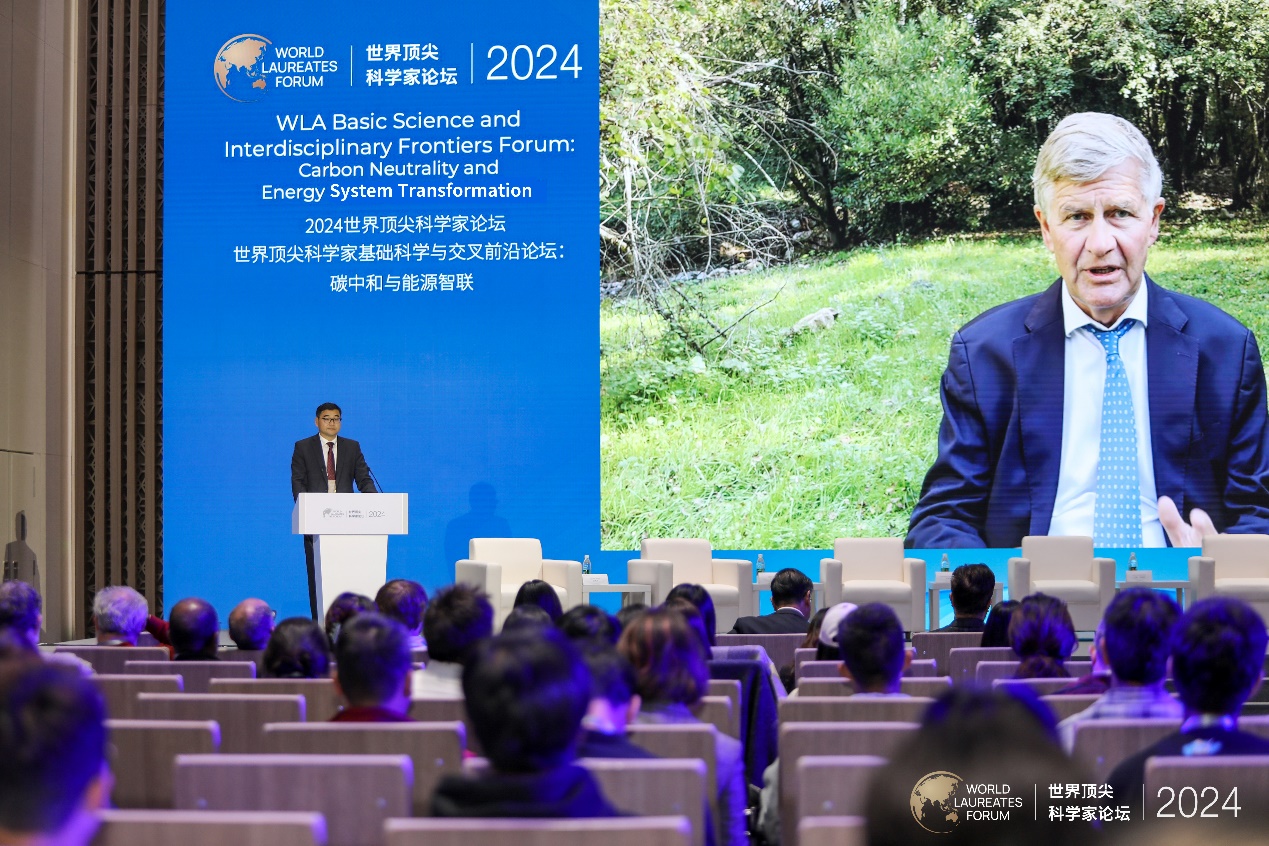
The forum featured keynote reports from renowned international experts.
Professor He Kebin proposed an interdisciplinary framework integrating energy, carbon, material, and information flows, alongside a "3i" mechanism (Innovation, Interdisciplinary exchange, International cooperation) to advance the transition.
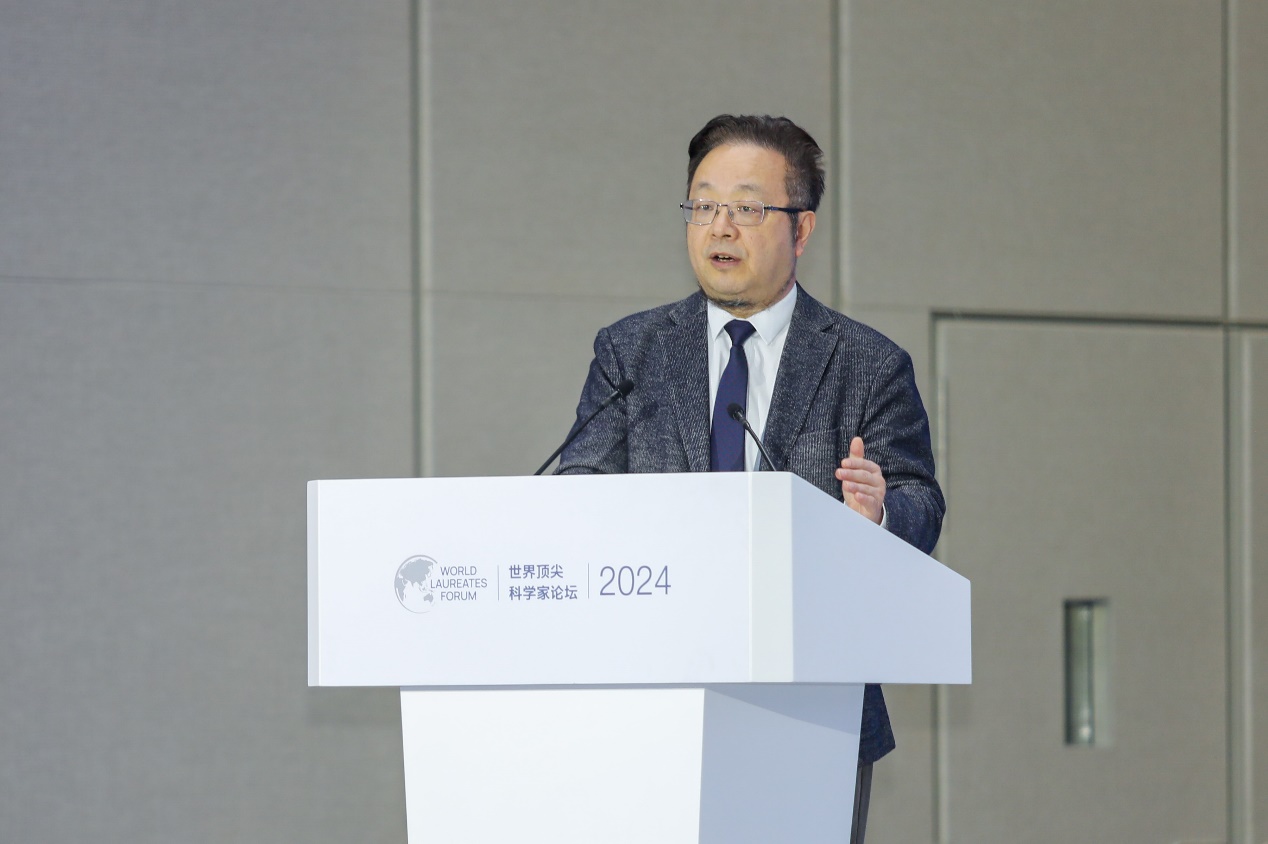
Professor Wang Zhonglin, recipient of the Eni Award and Einstein World Award of Science, presented breakthroughs in triboelectric nanogenerators and high-entropy energy, demonstrating nanotechnology's vast potential for future energy systems.
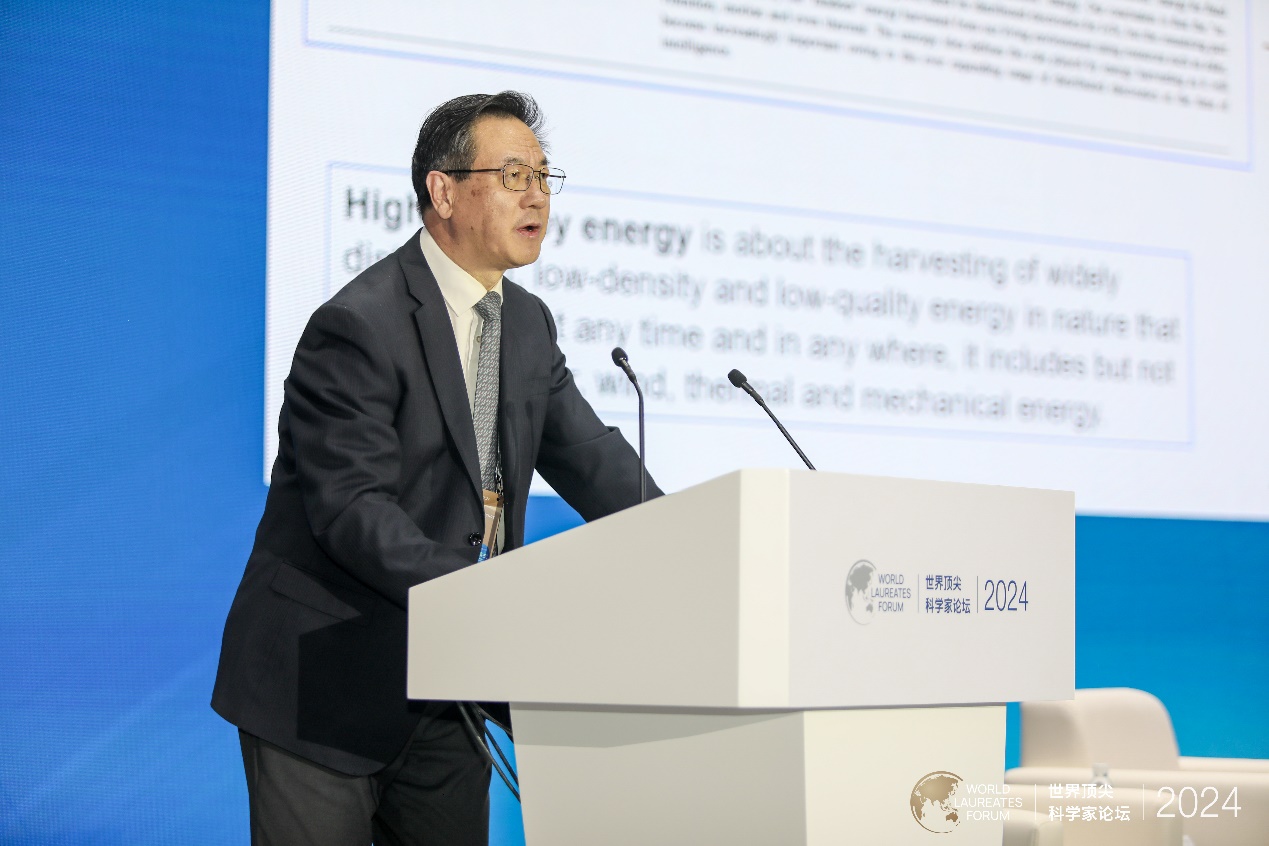
Professor John Loughhead from University of Birmingham outlined the UK's net-zero pathways—including wind power expansion, industrial decarbonization, and electric vehicle adoption—noting significant challenges in public engagement and implementation.
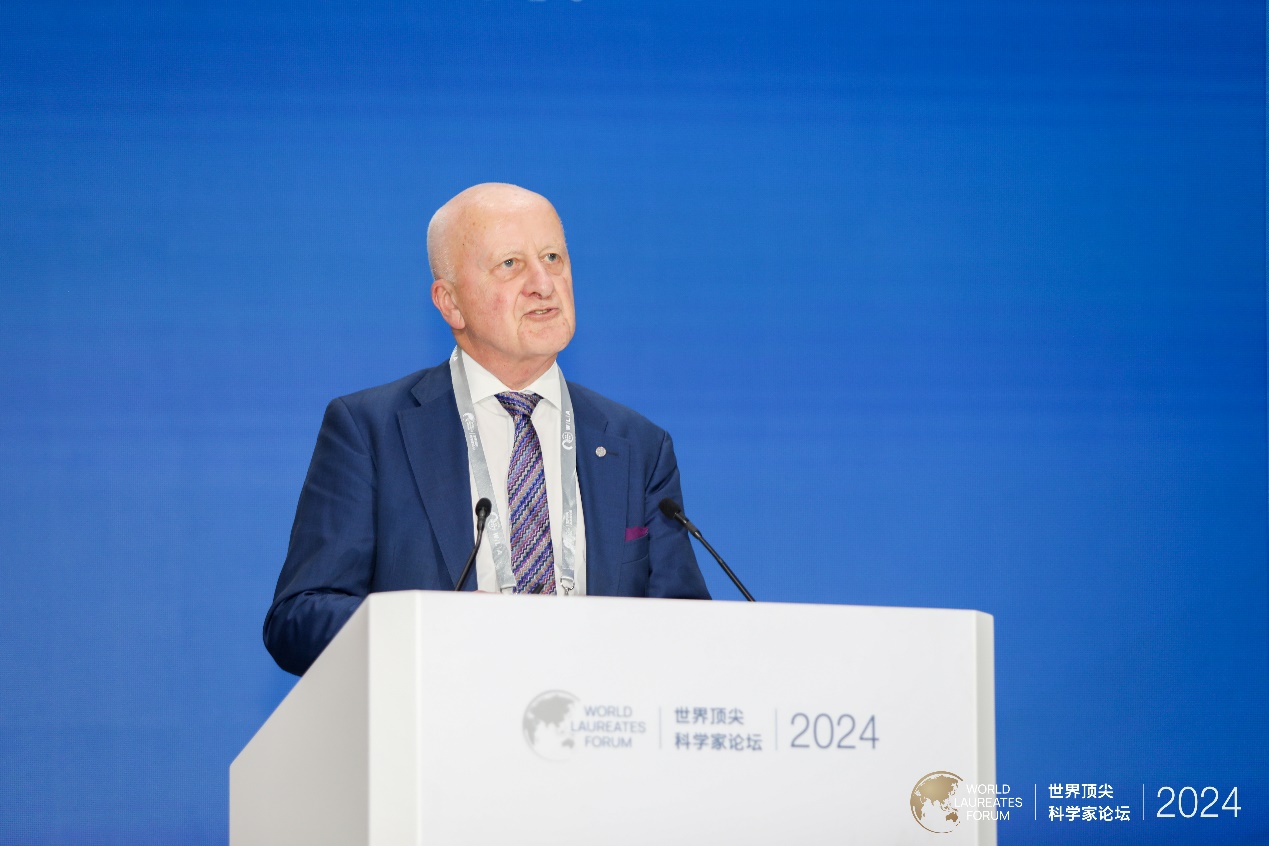
Professor Chen Zhangxing from University of Calgary explored how digital technologies like AI and big data are revolutionizing carbon capture, utilization, and storage (CCUS).
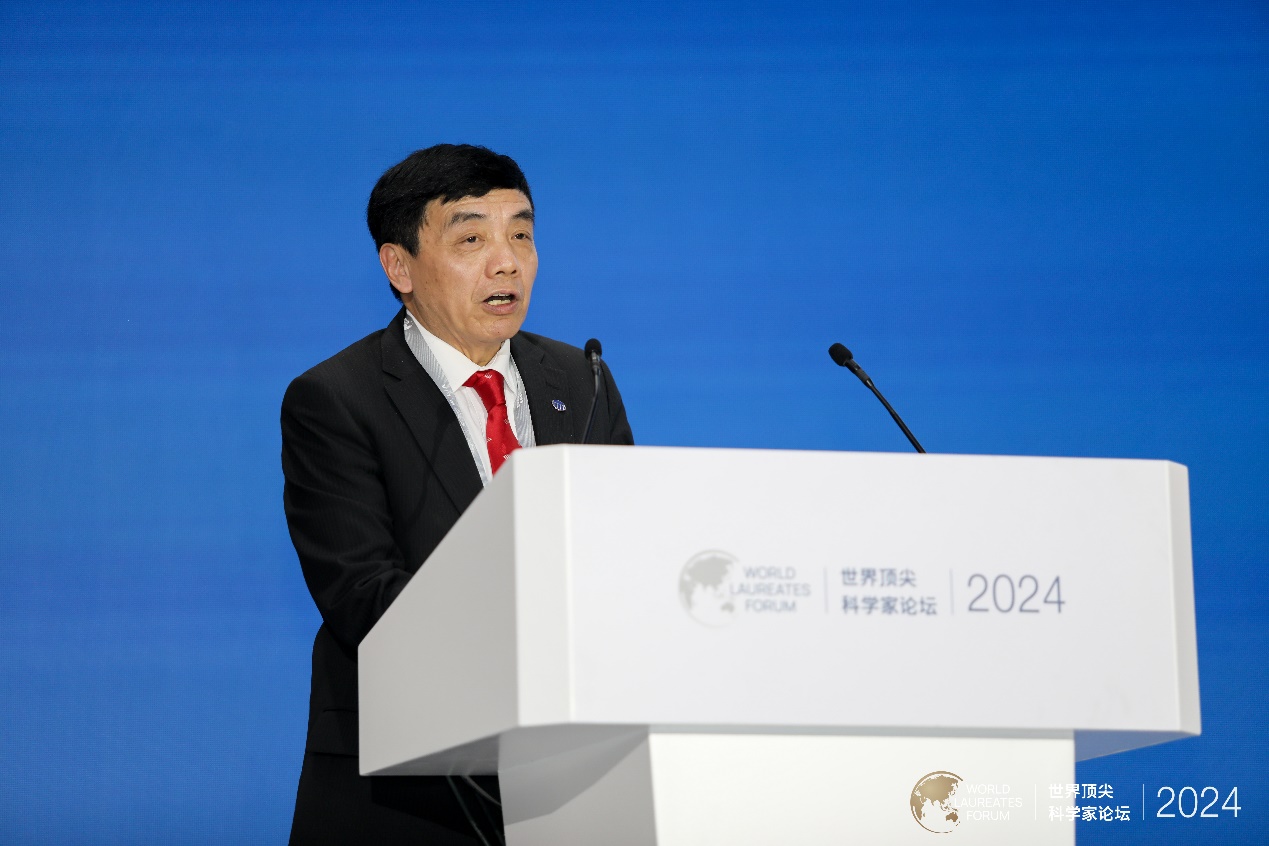
A panel discussion moderated by Professor Zhang Xiliang of Tsinghua University delved into future energy system characteristics, AI's impact, key technologies, risks, and necessary policy support and international collaboration.

In a significant move to bolster global efforts, Tsinghua University announced the launch of a multilateral cooperation program on "Carbon Neutrality and Energy System Transformation". The initiative, involving top global universities and major energy corporations, aims to develop new energy theories and create an open innovation ecosystem to optimize energy systems through integrated flows and global carbon monitoring, ultimately supporting global carbon neutrality goal.
 Latest recommendations
Latest recommendations


